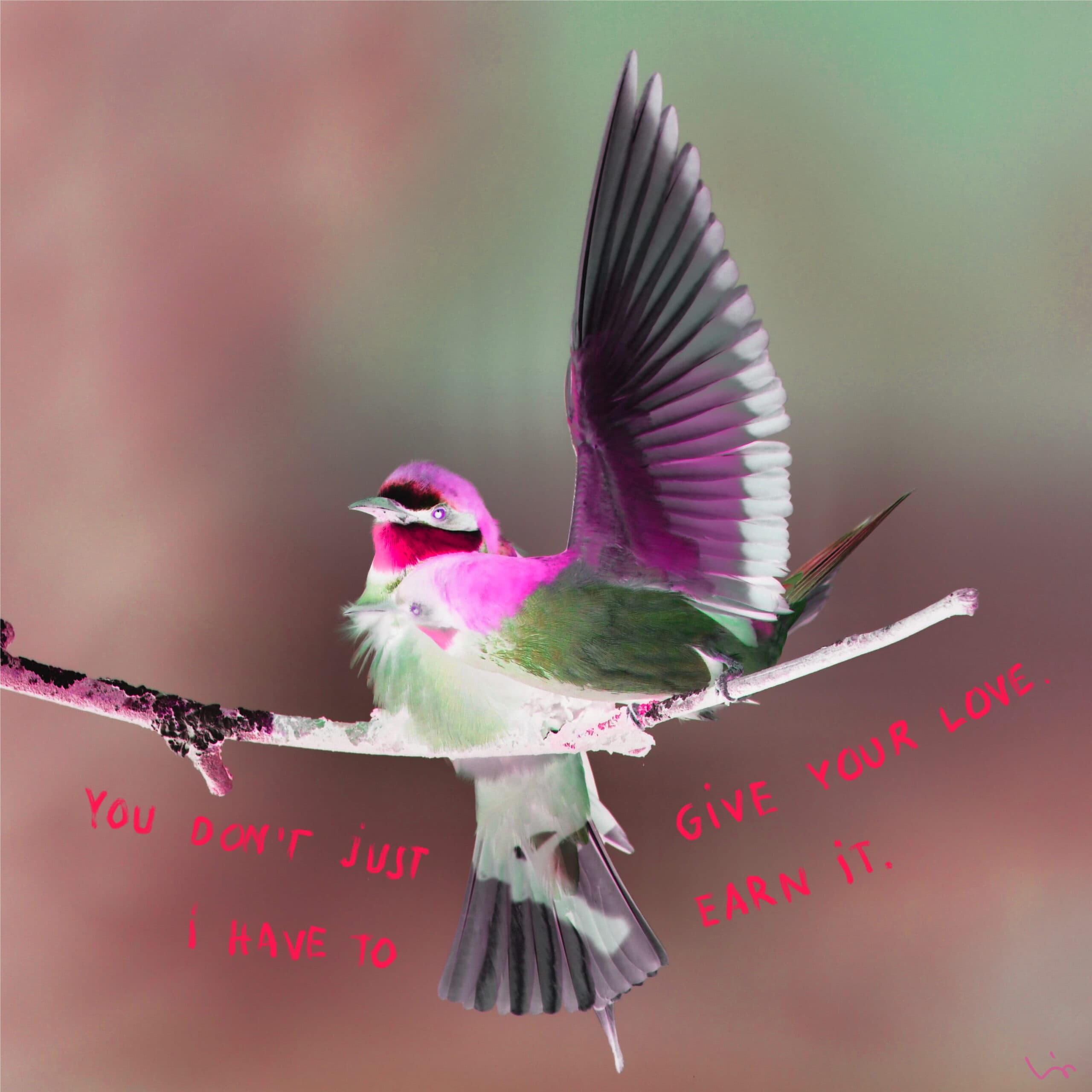Conditional love means that affection, acceptance, and validation are contingent upon meeting certain conditions or expectations. It often creates a sense of pressure and uncertainty, leaving us constantly striving to prove our worth. It’s as if our value as individuals hinges upon meeting someone else’s criteria or living up to their standards. This can be exhausting and even damaging to our self-esteem.
In relationships where love is conditional, it often feels like we're walking on a tightrope, fearing that one misstep or failure will lead to a withdrawal of affection
Joelle Steiniger
In relationships where love is conditional, it often feels like we’re walking on a tightrope, fearing that one misstep or failure will lead to a withdrawal of affection. We might find ourselves constantly seeking validation, desperate to meet the expectations set before us. It can be emotionally draining, as our happiness becomes intertwined with the approval of others.
The problem with conditional love is that it denies us the fundamental need for acceptance and unconditional support. It puts the burden on us to constantly prove ourselves and meet the demands of others, creating a cycle of never feeling good enough. This kind of love fails to acknowledge and appreciate our inherent worth as individuals.
However, it’s important to remember that conditional love often stems from the insecurities and experiences of the person offering it. They may have learned to associate love with certain conditions themselves, or they might be projecting their own unmet needs onto others. Understanding this can help us develop empathy and compassion while it doesn’t excuse the negative impact it can have on us.
Image header: Petar Milošević, CC-BY-SA-4.0, color adaptation
You may also like
Shifting our mindset towards long term solutions
In 2008, when I was diagnosed with Grave’s disease, an…
It’s not “either-or” but “and”
At the age of six, my family moved from Indonesia to the…





